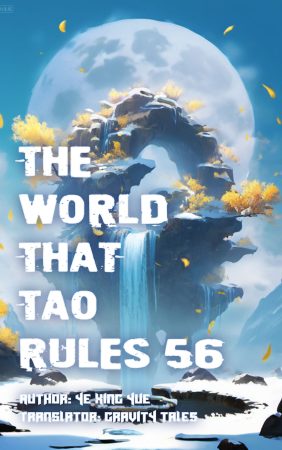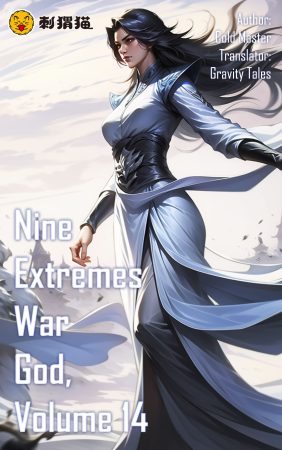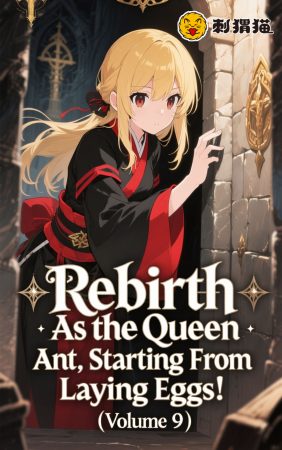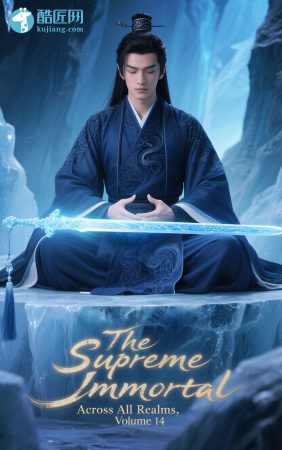Chapter 317: Lu Tong’s Masterpiece
Our Discord Server: https://discord.gg/PazjBDkTmW
You can buy coins here to unlock advanced chapters: https://gravitytales.com/coins-purchase-page/
“Yes, Commander!”
Qi Guangyi responded loudly.
Xiao Ming and Niu Ben exchanged a glance before Xiao Ming began explaining the hollow square flintlock formation.
This was a battle-tested formation from later centuries, known for countering cavalry in countless historical wars.
On the open plains, forming a hollow square allowed 360-degree coverage, making it nearly impossible for barbarian forces to flank, surprise, or encircle the formation without getting shredded by volleys.
Using wooden flintlock soldier figurines, Xiao Ming arranged the hollow square on the sandbox.
He also explained several variations, like large square formations, multiple coordinated small squares, and others for different tactical situations.
As for cavalry, Xiao Ming gave Qi Guangyi just one clear instruction:
“No matter what happens, cavalry must always be able to charge in tight formation.”
He spent the entire morning lecturing on flintlock formations, ending with a mock battle simulation between Qingzhou troops and barbarian forces to test the officers’ grasp of the tactics.
He also addressed emergency battlefield scenarios, like covering the firing mechanism with oilcloth when it rains.
By the end, Xiao Ming was parched and exhausted.
No surprise—he’d been lecturing not only on warfare, but also chemistry, physics, and math these days.
“Your Highness, we’ll take our leave now,” Niu Ben said, leading the officers back to camp to continue studying.
“Wait,” Xiao Ming called out.
“Take these training manuals with you. I can’t give lectures every day.
I wrote them myself. Study them on your own. Collect any questions you don’t understand and bring them back later.
Learning to study on your own is just as important.”
This wasn’t laziness—Xiao Ming believed in self-motivation.
In the modern world, many were self-taught, and he didn’t want to spoon-feed them with rigid instruction.
So whether it was chemistry, physics, or mathematics, Xiao Ming encouraged self-study, with only occasional Q&A sessions.
Bowen Academy had become a multidisciplinary institution, and Xiao Ming couldn’t handle everything alone.
After seeing the officers off, Xiao Ming didn’t return to the palace.
Instead, he strolled through Bowen Academy.
The Academy had eight departments; Public Administration, Mathematics, Chemistry, Physics, Mineralogy, Medicine, Naval Academy, Army Academy
The Mathematics Department had one classroom.
Chemistry and Physics had two each.
Mineralogy had one.
Medicine had three.
Naval and Army each had one or two (the Army included infantry and artillery divisions).
In total, there were 3,000 students—comparable to a modern mid-sized school.
Some, like Niu Ben and his officers, were part-time or occasional students.
The Academy also held special lectures on topics like agriculture, engineering, hydrology, or journalism as needed.
Now that every department had proper textbooks, Xiao Ming felt more relaxed, and the students had begun forming a culture of self-study and academic discussion.
As he walked along the cement pathways, students carrying textbooks greeted him one after another.
Xiao Ming returned each greeting with a smile.
Here, he was the headmaster.
Looking at the elegant classical buildings, Xiao Ming felt a sense of pride.
Bowen Academy’s construction was complete, and it was grand in scale.
Many classrooms still sat empty—reserved for future talent.
Once the current 3,000 students graduated, they would become the backbone of the Academy, responsible for educating future generations of scientific minds.
Xiao Ming eventually reached the academy dining hall.
It was large, with long benches and tables—very similar to modern cafeterias.
Many students were already eating.
To help students focus, meals and lodging were free, although the food was simple—just basic rice and steamed buns.
But even this modest food felt luxurious to poor students, who gratefully called it plain but generous.
“Boom!”
The loud sound of an explosion interrupted the lunchtime buzz.
Xiao Ming was just considering whether to join in when the noise came from the direction of the chemistry lab.
“Hahaha… that Chemistry Department again. Probably blew something up.”
Some students glanced toward the lab, shrugged, and continued eating—completely used to it.
Xiao Ming also looked toward the chemistry lab.
He had assigned Lu Tong and his team to begin establishing basic chemical industries, using what they had learned.
They were working on producing the three acids and two alkalis.
So far, they had successfully produced the two alkalis and sulfuric acid.
Only nitric acid and hydrochloric acid remained.
Curious about the explosion, Xiao Ming turned away from the dining hall and headed toward the lab.
At the lab entrance, he saw Lu Tong and several students standing outside, covering their noses with wet towels.
“What happened?” Xiao Ming asked.
Lu Tong quickly ran over, stopping him from getting closer.
“Don’t go in, Your Highness. The air is toxic!”
“Toxic? What did you guys do this time?”
Xiao Ming half-laughed.
“Your Highness, we just produced white phosphorus.
But one of the students accidentally mixed in sulfur powder, and the test tube exploded.”
Xiao Ming was stunned.
“You made white phosphorus?!”
“Yes, Your Highness. And I smell like urine because that’s what we’ve been working with all week,” Lu Tong said proudly.
Xiao Ming burst out laughing, completely ignoring the explosion now.
“Tell me how you did it.”
“It was in your textbook,” Lu Tong explained.
“We collected urine, evaporated it into residue, then mixed it with sand, charcoal, and rice, heated it, and piped the resulting gas into cold water—that gave us white phosphorus.”
“We were about to heat it further to make red phosphorus when it blew up.”
Xiao Ming nodded in satisfaction and patted Lu Tong on the shoulder.
“Well done, Lu Tong. I knew you wouldn’t disappoint me.”












